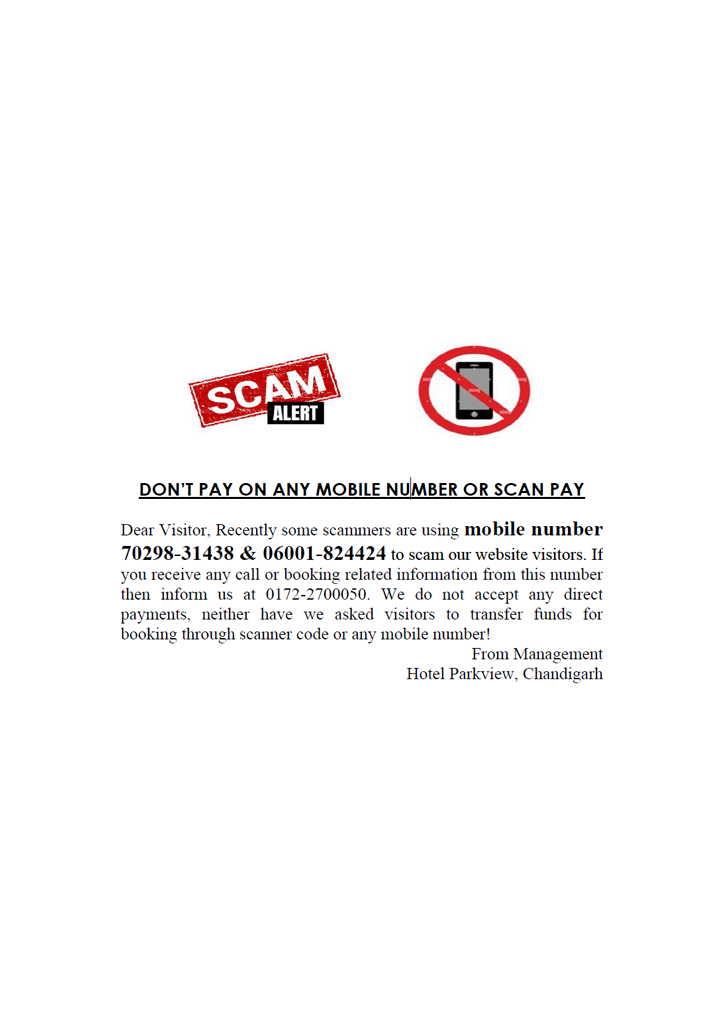
Experts weigh in and share their advice for safely staying in a hotel during the COVID-19 pandemic. Ultimately, staying in a hotel is a calculated risk, and you should weigh not only your vulnerability but also that of the people you anticipate interacting with. “This is all about minimizing risk. You can’t drive that risk down to zero, but you want to do every little thing to minimize risk. If you do these little things, that may be the difference between you getting infected and you not getting infected. Before booking a stay, research the hotel’s plan to protect guests and staff.
The greatest risk of transmission comes from being in close contact with other people. The less contact you have to have with other people, the better off you will be.
So, if you decide to book a hotel stay, here are some important tips to maximize your safety during your trip & a safe stay!
Wear a mask and stay at least six feet away from others.
Sanitize your room upon arrival
Although hotels should be properly sanitizing rooms between guests, it doesn’t hurt to double down and do a quick clean yourself, especially on high-touch areas like doorknobs, light switches, TV remotes, the bathroom, and any flat surfaces like tables or countertops.
“If you want to be as safe as possible, you can bring your linens for an added layer of protection. If hotels and other accommodation facilities are transparent about their measures and are making an extra effort to keep everything clean, you should be okay.”
The one linen you may want to steer clear of, however, is the bedspread, which may not be washed regularly (this is true regardless of a pandemic). While the likelihood of contracting COVID-19 from a bedspread is minimal, you can eliminate the risk. Remove the bedspread when you first come into the room, put it in the closet, and wash your hands.
Open your windows for ventilation.
If you’re worried about the virus traveling through the HVAC system, don’t be — at least for now. Right now, we don’t have any proof that that’s the case, but our data is limited. If it can occur, and I think that’s a big if, it’s going to be a relatively minor mode of spread compared to not wearing a mask and keeping physical distance.”
But if the windows in your hotel room open, you should let that fresh air in any way. The risk of airborne transmission is higher in indoor spaces with poor ventilation, so it’s a good idea to open windows and doors and increase the fresh air in the room.
Good ventilation can help reduce the risk of coronavirus spread.
Decline housekeeping services to reduce the number of people in your room.
Order room service rather than dine out.
Given that you can’t eat or drink with a mask on, you’re best off avoiding the hotel’s restaurant and bar and instead ordering room service. Dining in your room will limit your contact with others, so room service would be a safer alternative than going to a restaurant.
Worried about interacting with the staff as they deliver your meal? “If staff are practicing regular hand hygiene and disinfecting processes, and wearing a mask, they can deliver room service while remaining six feet away from you. But you can also request a contactless delivery where your meal is left outside your door for added safety.
Avoid shared hotel facilities like the gym and spa.
Although a hotel might open its shared facilities, that doesn’t mean you should use them. The gym is going to be problematic because getting people to use masks may be challenging. And if they’re not using the masks, and are having an aerobic workout, they’re going to expel even more respiratory secretions over greater distances. But other facilities like the spa can be considered on a case-by-case basis. Spa circumstances have to be individualized. If you’re going for a massage and you’re wearing a mask and the therapist is wearing a mask, that would be relatively low risk. But whenever you enter a situation where you interact with other individuals, there’s still a relative risk. Before you book a treatment, definitely ask questions about the spa’s safety and cleaning protocols, and if you have any doubts, skip that massage.




